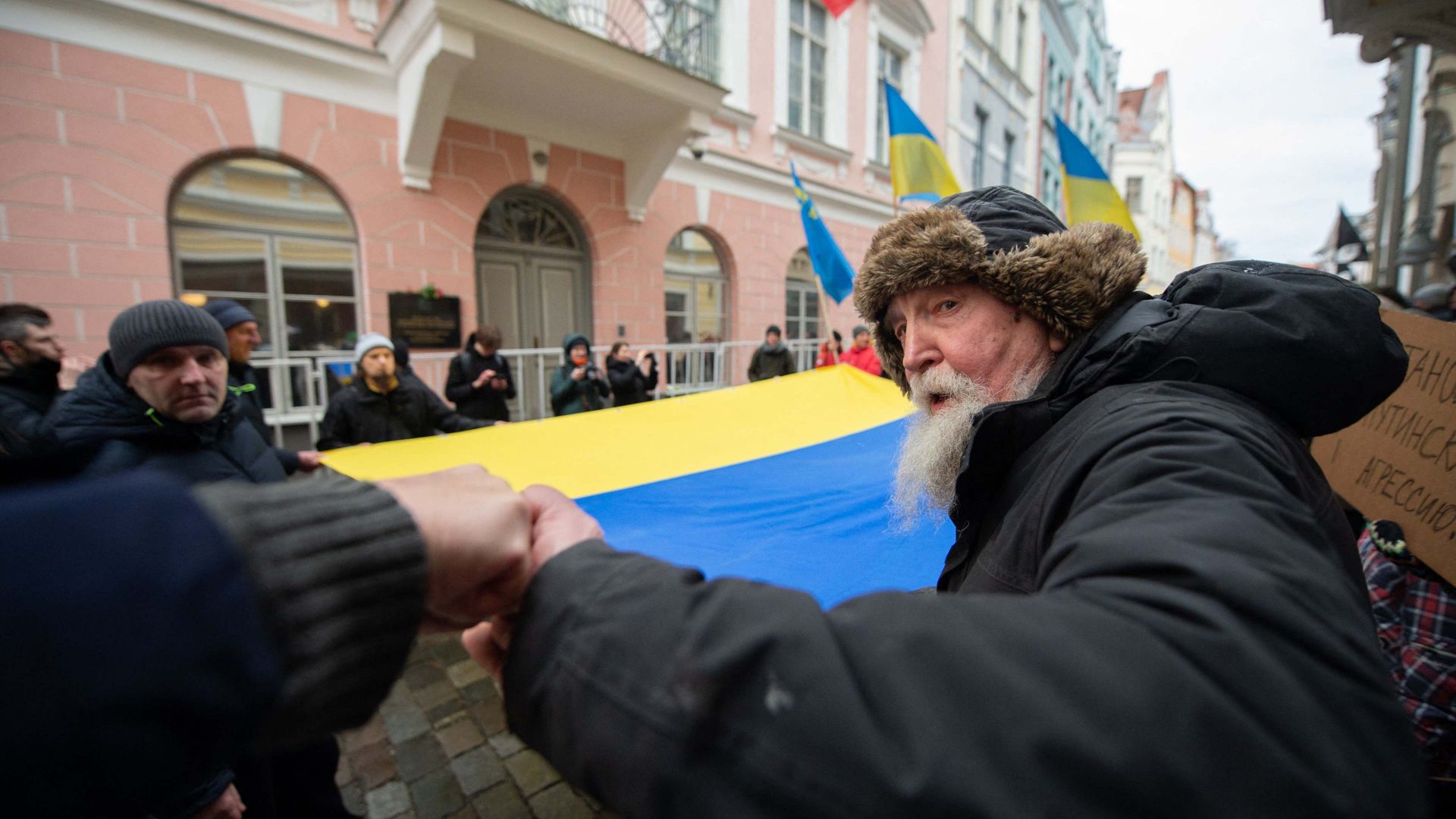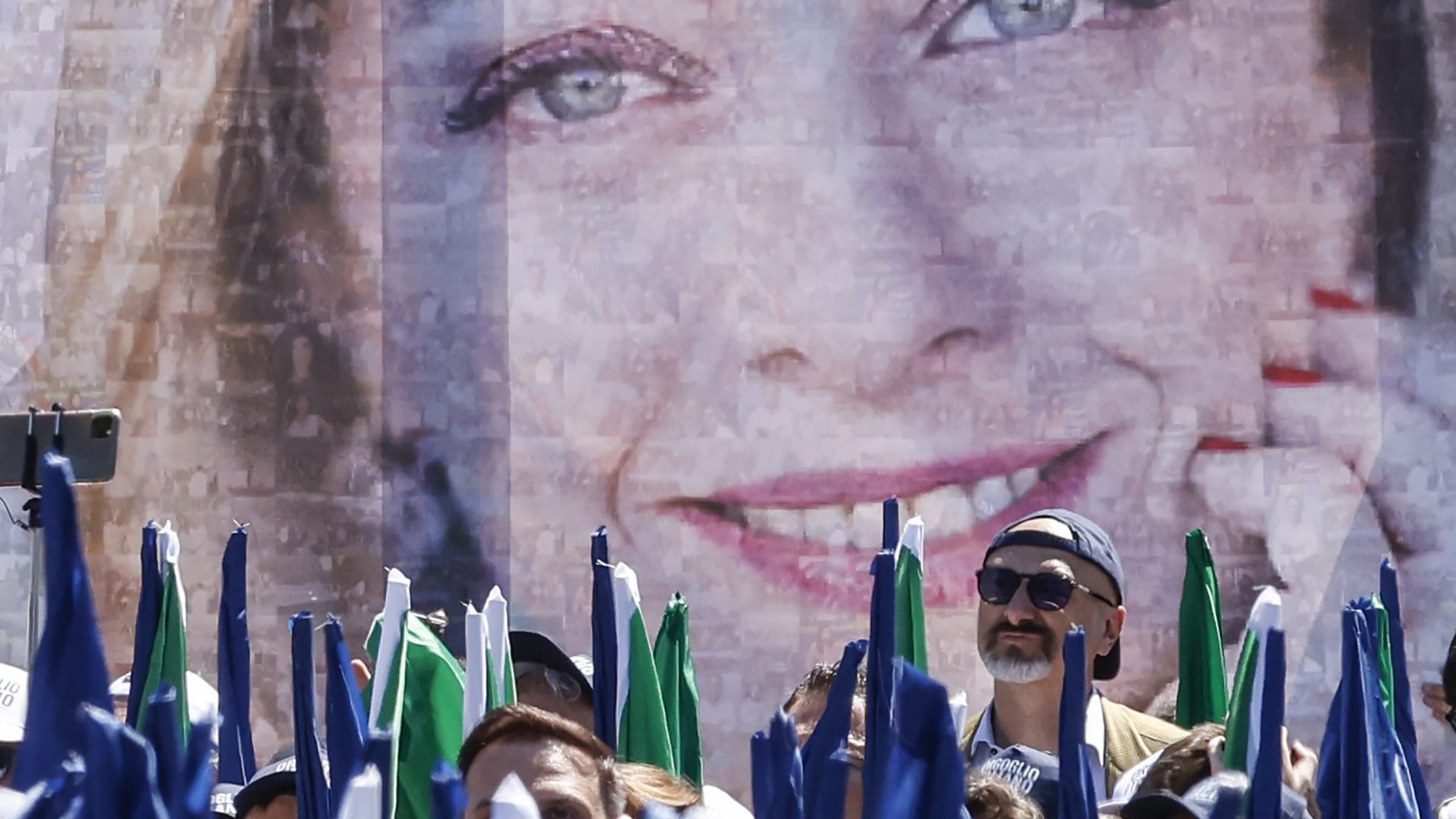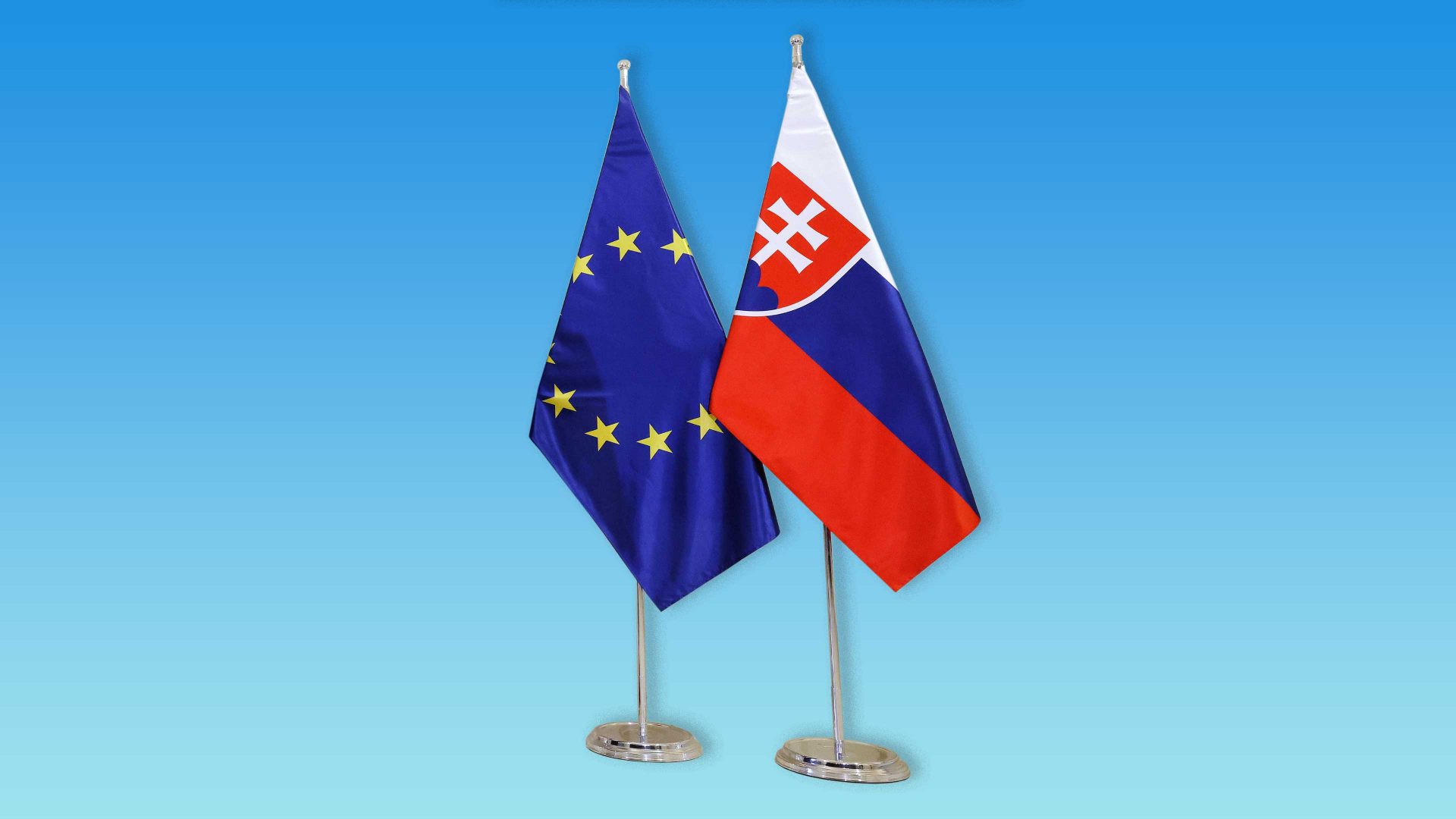Tallinn’s hippest spot is a dilapidated factory that churned out warships and wellies during Estonia’s half-century under the Soviet boot.
Põhjala Tehas is a bustling cultural centre, with industrial spaces converted into art studios, a bookshop, a bike repair shop and a microbrewery run by an escaped Scotsman. There’s an organic restaurant, a coffee roastery and half a dozen cafes – the air positively quivers with caffeine.
There’s plenty of talk about sustainability, collaboration and the DIY ethic. But here, where savvy young Tallinners congregate, there was no talk of the European Parliament elections, a week and a half before online and advance voting began on June 3. The country has seven MEPs, up by one since 2019 thanks to Brexit.
“I have to force myself to get into this subject, because I don’t keep my eye on these topics every day,” says Juula, a landscape architect who runs a bar and helps with the bees and chickens in the community gardens. “This is an extra task for me to think through.”
She does see benefits of the EU. “The green projects here, like the urban garden, have had some EU money, and maybe some cultural programmes as well.”
Juula says she’ll vote for one of the Social Democratic candidates, expressing fears about the projected rise of the Eurosceptic, anti-immigration Conservative People’s Party (Ekre).
“For me, this very radical right side is a bit frightening – not all the things they say or stand for, but it’s maybe a little bit too extreme.”
Three women in their early 20s are uninterested to varying degrees. Kelly, who runs a yoga studio in the old plant, is blunt: “I don’t care about elections, politics and so on. I’m not planning to vote.”
Steveli, a DJ, booking agent and the community’s creative director, says that she might vote. “But I’m not sure… to be honest, I didn’t even know that the elections were happening.” There are very few campaign posters around town.
Anett, 20, a hotel receptionist, plans to vote for the first time, though she says that the EU doesn’t affect her. Inflation does, though: “Living prices have become so high, but salaries haven’t risen with them. But I don’t think that’s, like, an EU thing. I think it’s more because of the war and everything.”
Ukraine and Russia lurk behind all political discussions here, with recent provocations like GPS jamming and the removal of border markers.
Anett says she’ll vote for “whatever party Jüri Ratas is in, because he’s a good politician”.
Ratas, the former mayor of Tallinn, led the Centre Party for many years, including as PM until 2021. This year, he and many other Centre politicians switched to the Isamaa party after the Centre Party shifted towards social conservatism and increased its overt appeal to Estonia’s 27% Russian-speaking minority.
Isamaa (“Fatherland”) is tipped to be the biggest winner in this election, gaining a second seat, while the Social Democrats are likely to hold on to their two seats.
There’s more interest a few kilometres away in another reclaimed factory, where the Põhjala Brewery has a 24-tap brewpub. Over hazy IPAs, I talked politics with its co-founder, Peeter – who was a young teen when Estonia regained its independence in 1991 – and barman Juks, around 30.
“There’s only one issue right now: Ukraine,” says Peeter. “When half of Europe is in ruins, who gives a fuck where electricity comes from, about windmills? We have bigger problems that we have to solve right now. If we don’t, it will affect us all for a long, long time. But the EU is like, oh, no, we’re busy right now with the green transition.”
When I suggest that many would make the same argument about the climate, he replies: “Yeah, but then the MEPs should stop travelling back and forth between Strasbourg and Brussels. There’s so much waste and hypocrisy.”
Juks, the barman, shares his worry about Ukraine. “If things really start to go badly, I could go there to fight, absolutely. Probably at least a third of Estonian guys my age would,” he says.
“I’m into history, and this reminds me of the late 1930s. Everybody should remember how expensive that became, right? It’s crazy to see this happening. You wouldn’t think that those things would ever return, but here we are.”
Wif Stenger is a journalist at Yle News, in Finland



